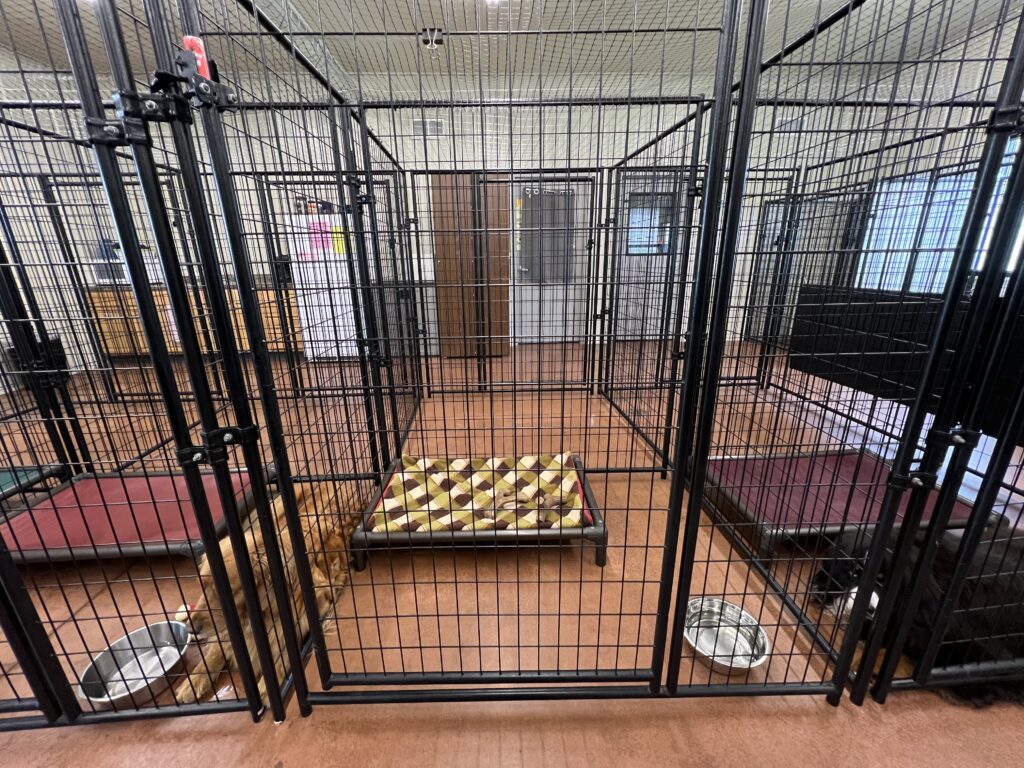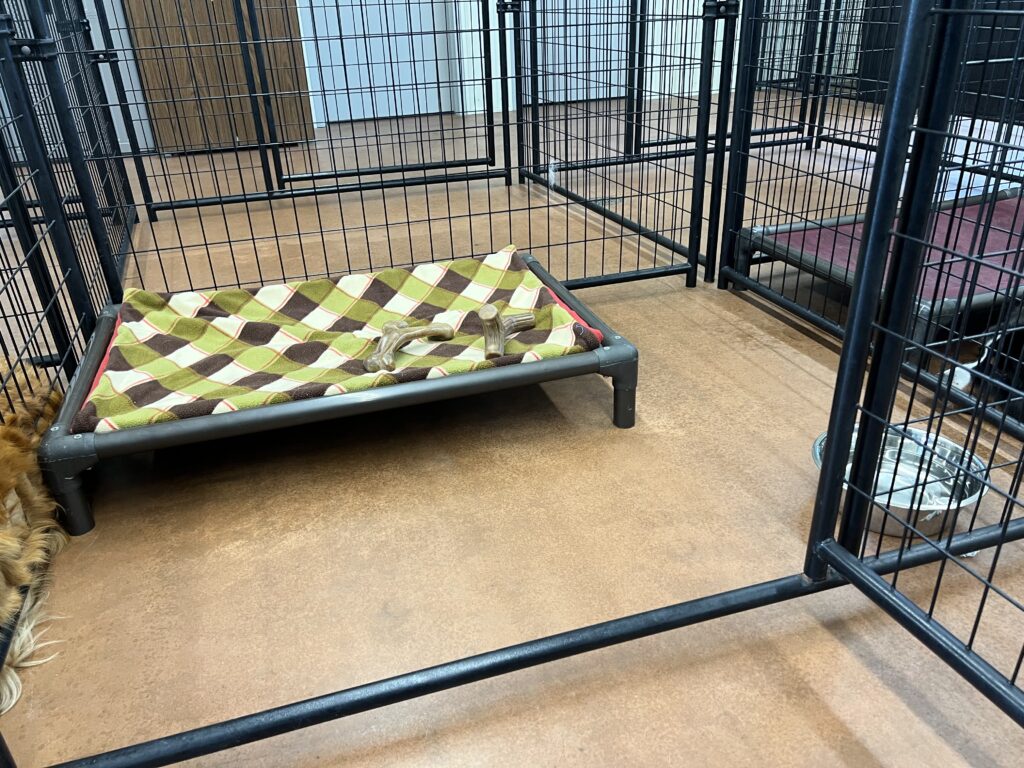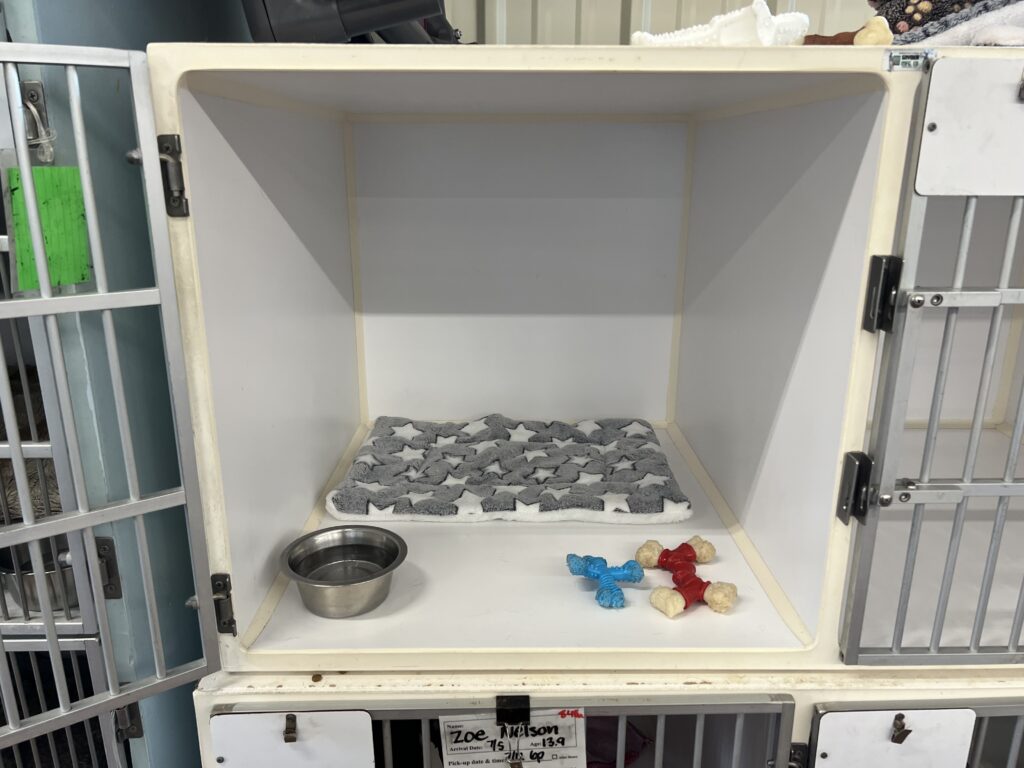For the most part, canine cough is not a serious disease, and most pets overcome this illness quickly. However, in certain circumstances canine cough can progress to more serious diseases such as pneumonia, which can be life-threatening.
What is canine cough?
Infectious tracheobronchitis (canine cough) is an upper respiratory infection in dogs that is caused by canine parainfluenza virus and Bordetella bronchiseptica. These two pathogens (or infectious agents) attack the lining of the trachea and respiratory tract, resulting in inflammation and irritation of the upper airway. This inflammation results in a dry cough. Canine cough is not usually a serious disease and resolves quickly. However, in certain circumstances, animals can become more susceptible to a secondary infection and more serious diseases, such as pneumonia. If you see/hear canine cough symptoms, like your dog coughing, you may want to have them evaluated by a veterinarian.
My pet has the Bordatella vaccine, can they still get canine cough?
Yes! The Bordatella vaccine targets the MOST COMMON strain of tracheobronchitis (canine cough), however much like with humans, there are other strains that may be resistant to the vaccine.
What are some kennel cough symptoms?
- Persistent, nonproductive cough that sounds like something is caught in their throat (loud honking cough)
- If uncomplicated, they are playing, eating, and drinking normally
- A more serious cough develops after your pet exercises or gets excited
How do you treat canine cough?
In mild cases, no treatment is necessary. Generally, canine cough is self-limiting and will run its course within 7-14 days, if your pet is active, eating and drinking with just an isolated cough. In more severe cases or in pets that are immunocompromised (young puppies or elderly pets), antibiotics may be prescribed to prevent secondary, more complicated infections such as pneumonia.



